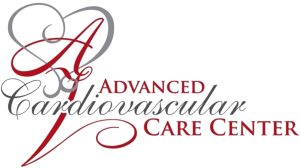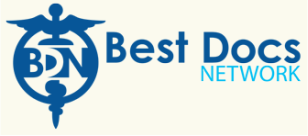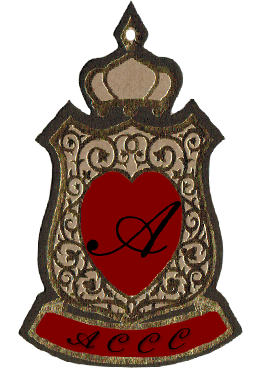Hypertrophic Cardiomyopathy
Hypertrophic cardiomyopathy happens when the heart muscle grows too thick, so the heart gets bigger and its chambers camera get smaller.
Hypertrophic cardiomyopathy is the most common genetic heart disease. This means it runs in families. About 1 out of 500 adults have this condition. It often starts early in life, from the teens through the mid-30s.1
It cannot be cured, but you can treat the symptoms.
1. What causes hypertrophic cardiomyopathy?
Certain genes cause the heart to grow more than it should. If you have family members with the disease, you are more likely to get it.
2. What are the symptoms?
If you have hypertrophic cardiomyopathy, you may:
• Have no symptoms.
• Feel tired and short of breath when you are active.
• Feel dizzy or faint, often after you have been active.
• Feel like your heart is pounding, racing, or beating unevenly (palpitations).
• Have chest pain (angina). You may have a heavy, tight feeling in your chest. Chest pain is often brought on by exercise, when the heart has to work harder.
Call your doctor if:
You have a rapid or irregular heartbeat or fainting spells. You may have an arrhythmia, which makes sudden death more likely. People with hypertrophic cardiomyopathy are at a higher risk for sudden death than other people and can die at a young age.You have symptoms that might be caused by heart failure, such as shortness of breath, being very tired, or swelling in your legs or ankles.
3. How is hypertrophic cardiomyopathy diagnosed?
Your doctor will ask you about any health problems you’ve had and about any family history of heart disease or early and sudden death. Your doctor will do a physical exam. You may need tests such as an electrocardiogram (ECG or EKG), chest X-ray, or echocardiogram.
Your doctor may refer you to a doctor who specializes in heart problems (cardiologist). Based on your symptoms, past health, and family history, the specialist can assess your risk for sudden death. People who are at high risk will need regular checkups.
If your parents or any brothers or sisters have the disease or died suddenly at a young age, you are at risk. Talk to your doctor about getting tests to check for the disease.



